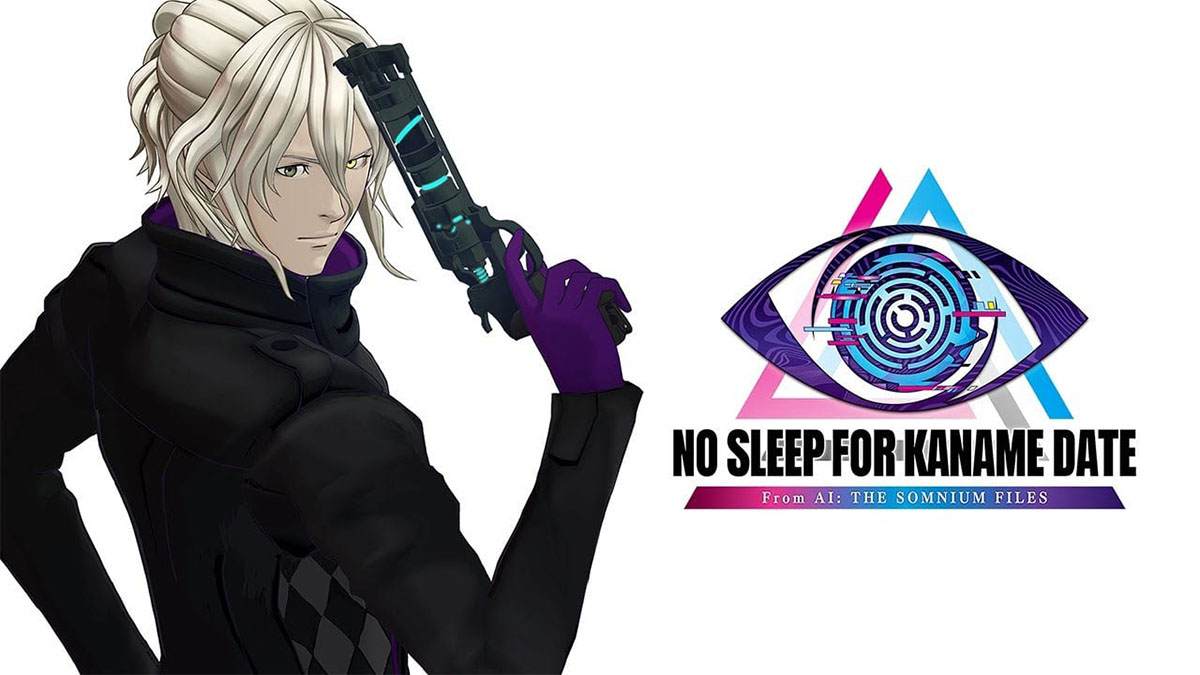Writer Angela Carter once said, “Language is power, life and the instrument of culture, the instrument of domination and liberation.”
Language is a powerful tool. We can express emotions, intelligence and opinions with the words we speak and write.
Those words are then interpreted differently by the people who hear them, based on their own personal experiences.
I’m tired of walking around campus hearing the word “fag” in a sarcastic tone, followed by laughter. I’m tired of seeing on my Facebook homepage how “gay” something is.
Most of all, I’m tired of people ignoring this language, allowing it to continue because they’re afraid of the repercussions from friends. And I know I’m not the only one.
So, honestly, what is it going to take for the ignorance to end?
A few weeks ago, I was having lunch with a friend in Davies when he pointed out “that flamer” from one of his classes.
It caught me off-guard, especially because I don’t consider my friend to be a mean person or intolerant of the gay community.
I called him out, asking him to not use that word to describe his classmate, and he quickly responded with “I was just joking,” as if that justified his language.
His response made me frustrated, mainly because I did not get the impression that he was making a joke. When I mentioned this, my friend said he was just using the word to describe his classmate, and it wasn’t a big deal because it was just the two of us.
I don’t believe he intended to harm that person with his language or cause an argument between us, but that’s exactly what happened.
It’s a big deal when words like “fag” and “flamer” are used in casual reference, when they aren’t spoken with intent to harm, because those same words are used on a daily basis to humiliate and dehumanize members of the LGBTQ community.
These words still perpetuate the idea created by our culture that homosexuality is not “normal” and homosexuals don’t deserve equal rights.
According to the 2009 National School Climate Survey by the Gay Lesbian and Straight Education Network, more than 72 percent of middle and high school students surveyed said they heard homophobic remarks such as “faggot” or “dyke” frequently at school.
The survey also reported increased levels of victimization were related to increased levels of depression and anxiety.
Not to mention, the suicide rate of LGBTQ students continues to be three to four times higher than that of their straight classmates.
Those facts alone go to show that whether or not you’re just joking when using those words, they are still highly related to negative consequences. I don’t think anyone wants to contribute to another person’s feelings of depression or anxiety.
I hope not, at least.
But for real, if you need to degrade others in order to feel better about your life and your actions, you’re in need of a serious reality check.
It’s 2012, and as college students, we are supposed to be educated, ready to become the next leaders of America.
I have serious doubts and very real fears for where our country is headed if we continue to treat each other as “others” and “less than” in the ways we communicate, simply based on their sexual preference.
Now is the time to stand up and be an ally with the LGBTQ community and to not be afraid of speaking out when you hear negative, homophobic language.
Now is the time to end ignorance and start acceptance.
Until we can all stand together, supporting each other, we’re holding ourselves back from achieving UW-Eau Claire’s goal of excellence.









john • Apr 12, 2012 at 5:08 pm
great article